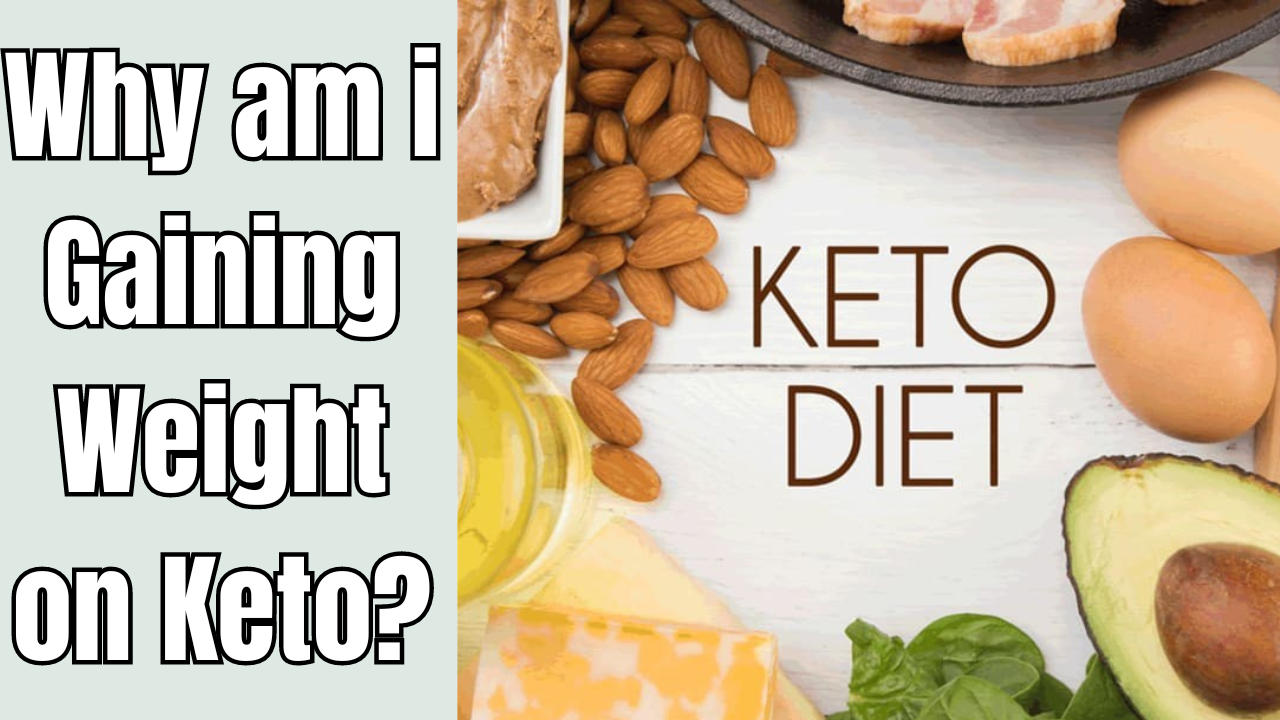The humble egg has been debated among nutritionists and health enthusiasts for decades. Packed full of proteins and considered by many as one of the most nutrient-rich foods available, eggs also come with concerns about cholesterol and their effect on heart health. This comprehensive look at the nutrition of eggs aims to sift through the research and determine whether eggs are more of a friend or foe to our health.
Table of Contents
ToggleWhat’s Inside an Egg?

To understand the nutrition debate surrounding eggs, it’s essential first to know what nutrients you can find in a single egg:
- High-quality protein: Eggs contain all nine essential amino acids.
- Healthy fats include omega-3s, which are necessary for heart and brain health.
- Vitamins and minerals: Such as Vitamins B12, B2, A, B5, and Selenium.
- Choline: An often-overlooked nutrient essential for brain function.
Large eggs are nutrient-dense, with 70 calories, 6 g of protein, and 5 g of fat.
Egg Benefits
Here are a few of the arguments in favor of consuming eggs:
Complete Protein Source
Eggs include protein, essential for creating and repairing muscles, skin, and organs.
Brain Health
Choline, found in high amounts in eggs, is essential for various bodily functions, including brain development and function.
Eye Health
Eggs include Lutein and Zeaxanthin, antioxidants that lessen the incidence of macular degeneration and cataracts, leading causes of vision impairment and blindness.
Weight Management
Proteins can help you feel fuller for longer, and since eggs are rich in proteins, they may help prevent overeating, aiding in weight management.
Egg Controversies
Despite these benefits, eggs have often been vilified due to their cholesterol content. Recent studies demonstrate that healthy people can eat one egg daily without developing heart disease.
Cholesterol Content
Each egg yolk contains about 186 mg of cholesterol. However, the correlation between egg consumption and elevated LDL (harmful) cholesterol levels in the blood is complex and appears less direct than previously thought.
Heart Disease Risk
High egg consumption may not increase heart disease risk in type 2 diabetics, according to specific research.
The Good Versus Bad Cholesterol
It’s not just the amount of cholesterol but the type. Some research suggests that eggs can improve the LDL profile by making it more prominent, lowering the risk of heart disease.
Balancing the Scales
Incorporating eggs into a balanced diet can be beneficial:
Quantity and Frequency
It’s crucial to consider how many eggs you consume and how often. While an egg a day is likely safe for the average person, those with existing health conditions may need to be more cautious.
The Whole Picture
Consider your entire dietary pattern rather than focusing on a single food item. An egg for breakfast can be part of a healthy diet if the rest of your meals are rich in fruits, vegetables, lean proteins, and whole grains.
Cooking Methods Matter
How you prepare your eggs also matters. Boiled or poached eggs may be healthier options than fried or scrambled eggs, which require butter or oil and add extra fat and calories to your meal.
In Last
Like many other foods, Eggs can positively and negatively impact health. They are nutrient-rich and can contribute to a healthy diet when eaten in moderation. However, their potential effects on cholesterol and heart health mean that individuals, particularly those with specific health concerns, should consume them thoughtfully.
Ultimately, maximizing eggs’ nutritional benefits while mitigating risks involves a balanced approach—eating them as part of a varied and nutritious diet. Personal factors like genetic cholesterol response, overall diet, and lifestyle should always guide egg consumption.







